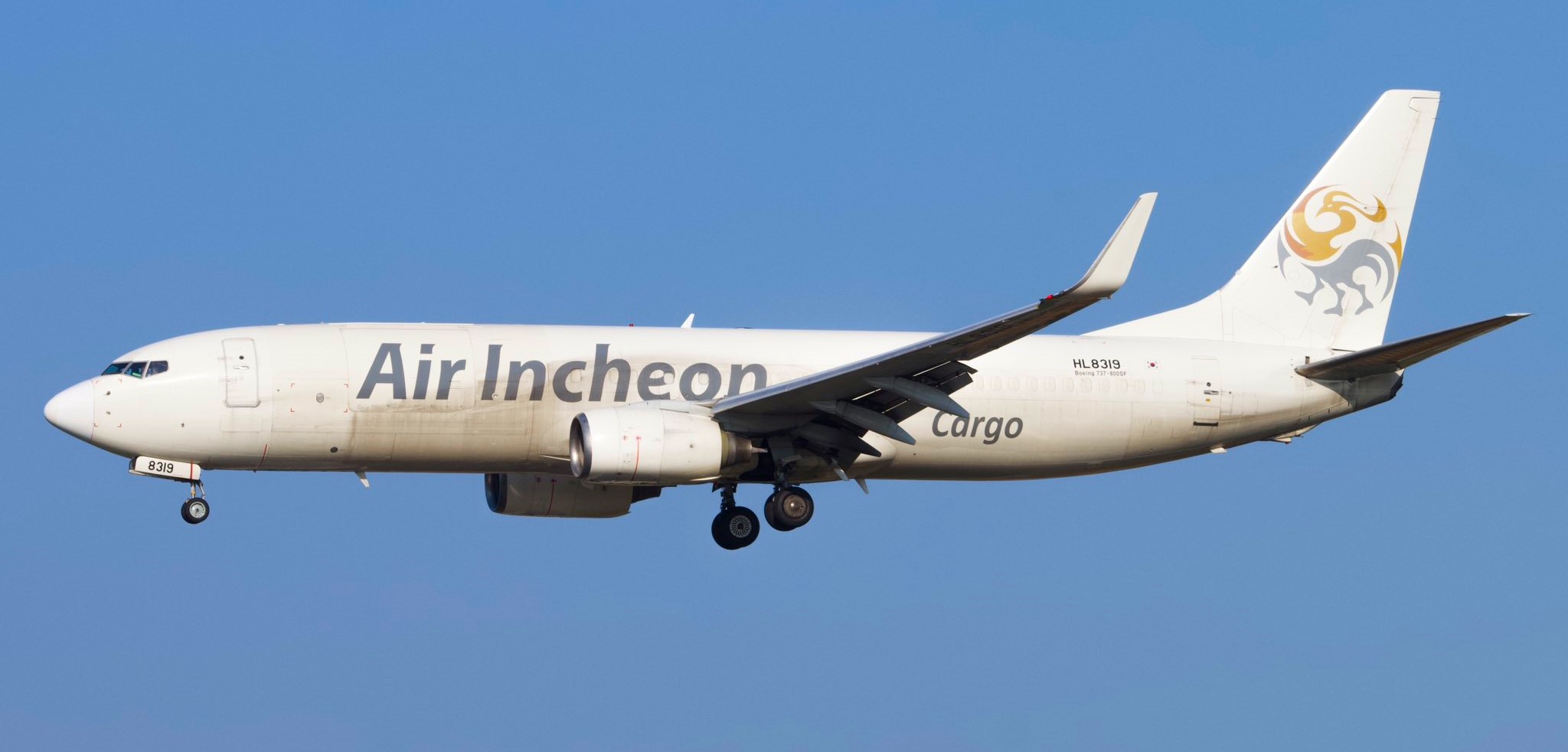


In a major development to the South Korea’s aviation sector, and to everyone's surprise, underdog Air Incheon has emerged as the favourites to acquire Asiana Airlines’ lucrative cargo operations.
This move, confirmed by Korean Air on Monday, marks a pivotal step towards gaining final approval from the European Union competition regulator for Korean Air’s merger with Asiana Airlines.
Seen in a regulatory filing, Korean Air disclosed that Air Incheon has secured priority in negotiations until July 15. This designation positions Air Incheon as the preferred bidder for Asiana’s cargo unit, encompassing its fleet of freighter aircraft, airport slots, workforce and operational contracts, as specified by the EU requirements.
As per sources, Air Incheon trumped the other two candidates, Air Premia and Eastar Jet, being a pure cargo carrier and with means to mobilise funds. All three reportedly offered close to KRW500bn ($360m) for the cargo business.
The European Commission has provisionally approved Korean Air Lines’ (KAL) takeover of its compatriot peer on 13 February, but on condition that Asiana offloads its cargo arm.
Related Article.....
Additionally, to dispel the concerns of a monopoly of long-haul passenger services to South Korea, KAL is giving away the routes between Incheon International and Rome, Barcelona, Frankfurt and Paris, to its competitor low-cost carrier T’way Air.
The South Korean government wants KAL and the heavily indebted Asiana to merge and KAL chairman and CEO Walter Cho Won-tae said he hoped to complete the takeover this year.
Air Incheon, Air Premia and Eastar Jet all have private equity funds as major shareholders. However, considering the large size of the acquisition, the candidates recruited other investors: Air Incheon, 51% owned by Socius Private Equity, brought in Korea Investment Partners.
Founded in 2012, Air Incheon is Korea’s only all-cargo airline, with operations focused in Asia. The carrier is expected to strengthen its competitiveness by tapping into Asiana’s long-haul network to the Americas and Europe using the latter’s fleet of larger cargo aircraft.
Korean Air signed a memorandum of understanding (MOU) with Air Incheon the previous day, naming it the preferred bidder for Asiana’s cargo unit. Air Incheon plans to conduct a detailed due diligence process over the next two weeks and aims to complete the stock purchase agreement (SPA) by the end of July.
KAL plans to sign a framework agreement with Air Incheon next month, subject to review by the EC. Swiss financial services company UBS has been tasked with selling the cargo division of Asiana.
Korean Air said:
“The preferred bidder was selected through a comprehensive evaluation of all factors crucial to the growth of the air cargo industry, a key national industry, while maintaining the existing competitive environment."
" We are committed to quickly finalising the sales process through flexible negotiations, and completing the acquisition of Asiana Airlines.”
It is expected that Air Incheon, which generated about KRW70bn ($54m) of revenue in 2023, could see turnover soar with Asiana’s cargo arm.
Asiana had a domestic market share of 19%, as of 31 March, second only to KAL’s 45%. Asiana operates 11 freighters, eight owned and three leased. Last year, freight generated KRW1.6trn ($1.24bn) of revenue for Asiana.
Expecting an NoC from US anti-trust authorities, KAL hopes to fully integrate Asiana by October 2026.
There is speculation that KAL’s recent negotiations to buy several B787 Dreamliner aircraft – despite controversy surrounding alleged manufacturing defects – is tied to endorsement from US anti-trust authorities.
Coincidentally, in March, KAL purchased 33 A350 wide-body jets in a $14bn deal, shortly after the EC gave its provisional approval to the Asiana acquisition.
However, there are mixed opinions on whether acquiring the significantly larger Asiana cargo business will benefit Air Incheon in the long run.
While the initial closing of the deal could be a reality, experts doubt the budget carrier’s ability to effectively manage the business and ensure a successful exit for its financial investors.
Display Picture Courtesy : Hatikuro
You may like to read......
